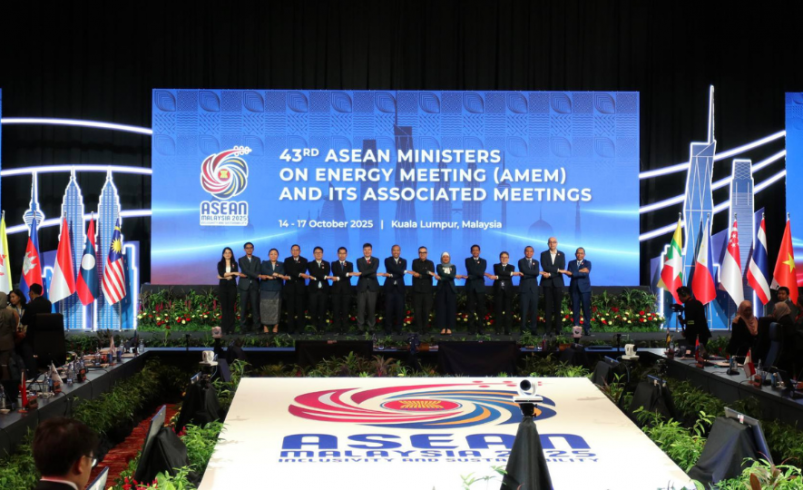Philippines gears up to steer ASEAN energy agenda
- October 15, 2025
- 0

Photo credit: DOE
The Philippines is set to take a leading role in shaping Southeast Asia’s energy cooperation as Energy Secretary Sharon S. Garin heads the country’s delegation to the 42nd ASEAN Ministers on Energy Meeting (AMEM) in Kuala Lumpur this week.
The four-day meeting, running from October 14 to 17, gathers regional energy ministers and senior officials to advance joint actions on cleaner, more reliable, and affordable energy systems across ASEAN. The event also sets the stage for the Philippines’ Chairship of the ASEAN Energy Meetings in 2026, coinciding with its hosting of the ASEAN Summit.
Secretary Garin said the Philippines intends to push for stronger regional collaboration in energy transition and security. “We’re fully committed to working closely with our ASEAN neighbors to tackle energy challenges and unlock new opportunities,” she said. “This meeting is a key moment for all of us to move toward a sustainable and secure energy future.”
The Department of Energy (DOE) is showcasing national progress in renewable energy expansion, energy efficiency programs, and electrification of remote areas. It will also promote potential cooperation on smart grids, modern infrastructure, and cross-border power sharing to strengthen the region’s collective resilience.
“Under President Marcos’ leadership, energy security and sustainability are central to our national development agenda,” Garin said. “These priorities align closely with ASEAN’s vision, and we’re ready to lead regional efforts that benefit all.”
Prior to the ministerial sessions, DOE Undersecretary Felix William B. Fuentebella is participating in senior officials’ meetings that will finalize a suite of regional frameworks and agreements. These include an updated ASEAN Petroleum Security Agreement, a new ASEAN Power Grid Memorandum of Understanding, the ASEAN Renewable Energy Roadmap, and a regional Renewable Energy Certificate mechanism. Discussions on nuclear energy cooperation and investment monitoring tools are also underway.
“We share one goal as ASEAN, a future where energy is clean, secure, and drives economic growth,” Fuentebella said. “By working together, we can turn this vision into concrete, lasting progress.”
The DOE said this year’s AMEM will help shape the policy groundwork for ASEAN’s shared energy future, particularly in areas of access, innovation, and sustainability. The Philippines’ 2026 leadership will be a key opportunity to push forward initiatives that align energy development with climate and economic priorities across the region.
What do you think the Philippines’ leadership in ASEAN energy cooperation could mean for its own transition goals? Join the discussion below.
Follow Power Philippines on Facebook and LinkedIn or join our Viber community for more updates.